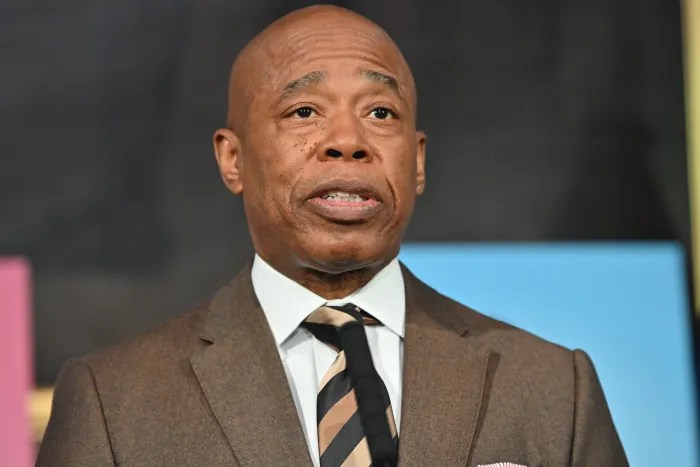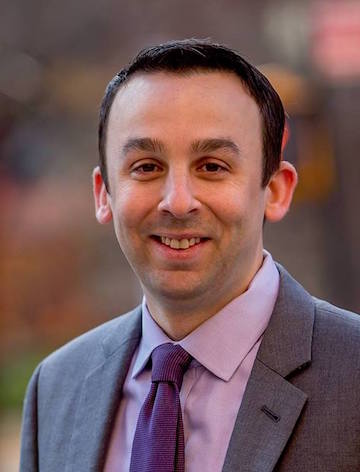
BY LEVAR ALONZO | A crowded field of nine Democratic candidates with a diverse range of backgrounds and experience — from seasoned insiders to political newcomers — are vying for the open District 4 City Council seat. With just a week left before September 12 primary, it’s time for voters from Stuyvesant Town-Peter Cooper Village, East Midtown, and much of the Upper East Side to make up their minds.
Councilmember Dan Garodnick, who was first elected in 2005 and has recently steered a major East Midtown rezoning plan through to approval, is unable to seek reelection due to term limits.
The seat is one of the eight truly open races out of the Council’s 51 seats citywide, with the 43 other seats having an eligible incumbent seeking reelection. Though each candidate in the District 4 race is emphasizing their unique appeal, collectively the group is focused on three central issues — affordable housing, supporting tenants and small businesses, and improving the area’s quality of life.
“I believe it is important to listen to constituents and treat their issues as passionately as I would treat my own,” Keith Powers, a third generation resident of the area, said in an email.
Powers listed supporting quality education and strengthening public transportation among his top three priorities, along with addressing affordable housing. He wants to make sure that middle class families continue to have a place in the district and that seniors receive assistance with their rent. He pointed to his commitment to the community and his political experience working in the office of State Senator Liz Krueger, after having served as chief of staff to former Assemblymember Jonathan Bing, as the key strengths he would bring to the job.
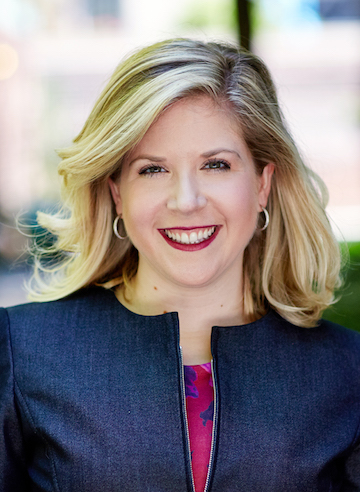
Powers — who, as of September 4, has spent $155,000, according to the city’s Campaign Finance Board (CFB), and has just under $60,000 on hand — has landed some formidable endorsements, including that of Tenants PAC, Make the Road, a social justice group, and the Stonewall Democratic Club, an LGBTQ political club. This past weekend, the New York Times also endorsed him.
A former New York city public school teacher, Vanessa Aronson doesn’t want the district’s middle class neighborhoods to disappear, and supports creating additional affordable housing stock by working with nonprofit and other developers interested in expanding the supply of non-luxury apartments for average New Yorkers.
“I am focused on connecting with people on an individual level, understanding their passions and their problems, and working to find solutions that make sense for the community,” Aronson said about what qualifies her for the job, in an email last week.
Aronson has spent more than $73,000 to date and has nearly $50,000 on hand, accord to the CFB.
Aronson, who has gained the support of NOW-NYC and Run for Something, a group that works to recruit and support young progressive candidates, wants to use her expertise as a teacher to help students in the district reach their full potential. Along with candidates Marti Speranza, Barry Shapiro, and Alec Hartman, Aronson wants to to repeal the Urstadt law, which nearly a half century ago handed the city’s power to approve local rent laws to the State Legislature. Rent regulations, those candidates argue, should be determined by the City Council.

Appointed by Garodnick to Community Board 5 — and a member of its Public Safety & Quality of Life Committee — Speranza, director of Women Entrepreneurs NYC, an initiative aimed at encouraging and supporting female-owned businesses, stated in a phone call that she hopes to address the noise pollution and risks to pedestrian safety affecting the district and focus particular attention on their root causes in construction, traffic, and nightlife.
The United Federation of Teachers, former Manhattan Borough President Ruth Messinger, and progressive organizations including the Sierra Club have given her their support.
Speranza is the leading fundraiser in the race, having spent more than $120,000, with nearly $160,000 still on hand as of September 4, according to the CFB.
She points to her background in the private sector, her success as a problem-solver when she has worked with local government, and her roots in the district as her primary distinguishing credentials.
On the most popular issue among the candidates — affordable housing — Speranza wants to transform underutilized city-owned land into affordable housing units and to create a physical letter grading system for rent-stabilized apartments, much like the restaurant grading system.
“I would tackle housing affordability,” Shapiro said. “Particularly the issue as it relates to families being forced into homeless shelters.”
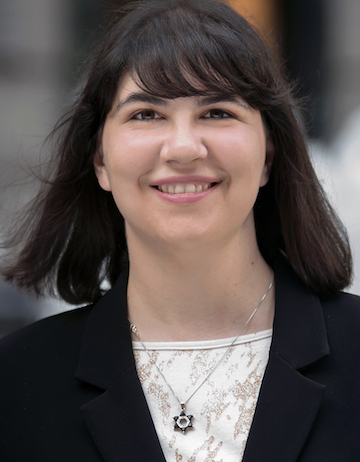
Shapiro, a former IT professional at American Express, mentioned that to separate himself from the others in the race, he is running in the primary with no outside donations and so is not participating in the city’s campaign finance program, which would have allowed him to get generous public funding matches for donations from city residents.
Hartman, who did not respond to questions left on his website, co-founded two tech startups. His campaign has focused on strengthening local schools, with fixing mass transit a close second among issues of concern to him. Hartman points to his tech savvy as a critical strength he could lend to the district, mentioning the development of a centralized database to help residents find affordable housing.
“I support vocational training and expanding STEM curriculum in public schools to better prepare students for the over 10k STEM job openings in NYC that are currently unfilled year after year,” Hartman states on his website.
Hartman has raised about $30,000 and has not yet received any public matching funds.
Echoing the sentiments of the other candidates, Bessie Schachter wants to attack the scarcity of affordable housing by focusing more city funds on developing affordable units.
“Housing, housing, and housing are my top three issues,” said Schachter, who has spent nearly $90,000 and has almost $60,000 on hand, according to the CFB. “Affordable housing is the core issue of my campaign.”
Schachter, who has also worked for Senator Krueger, advocates aggressive efforts to preserve and reclaim affordable housing units that disappear from the rolls of the overseeing agencies, so that more units are made available for residents, and particularly seniors in the community. Increasing the supply of affordable units in the district is the key to sustaining the East Side’s quality of life, in her view.

Schachter has garnered the support of a number of elected officials and community groups, including her West Side Council colleague Helen Rosenthal, East Side Assemblymember Dan Quart, and the Lexington Democratic Club.
Rachel Honig, a small business consultant, is another big fundraiser in the race, having spent roughly $80,000 and with more than $75,000 still on hand, according to CFB records. Honig did not respond to Manhattan Express’ recent request for comment, but her website emphasized the establishment of better relationships between landlords and small business tenants to allow them to survive and grow as her overriding goal. Her campaign is also is looking to promote public-private partnerships to develop affordable housing units on vacant city lots.
Both Maria Castro and Jeff Mailman said that the biggest issue in the district in their view is improving the overall quality of life.
“Quality of life issues such as pedestrian safety, excessive noise, and rodent infestations are of utmost concern,” Mailman said.
Mailman, who has served as legislative director to Queens Councilmember Elizabeth Crowley — and, according to CFB records, has spent nearly $100,000, with almost $47,000 on hand — wants residents to know that he is a good listener, has patience, and interacts well with others.
“I take the time to research issues and to thoughtfully advocate for positive change,” said Mailman. “I believe that these qualities would make me an effective representative in the City Council.”
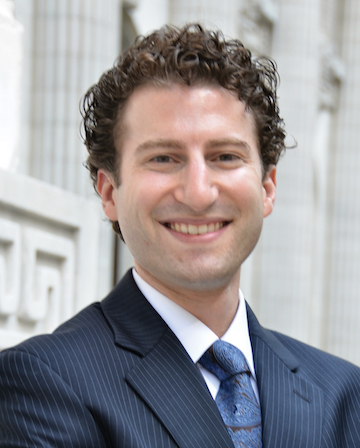
Mailman pointed to support from Crowley, as well as the Transport Workers Union Local 100 and several uniformed fire associations.
Maria Castro, who did not respond to emailed questions, emphasizes that the city is failing its residents by neglecting its infrastructure, and puts particular emphasis on the many subway stations in the district not yet compliant with the federal Americans with Disabilities Act.
Castro has raised under $25,000 and has not yet qualified for city matching funds.
In this heavily Democratic district, the winner of the September 12 primary would be the favorate to win the November general election, though the presumptive Republican candidate, small business owner Rebecca Harary, will be waiting in the wings as the Democrats choose their nominee.







